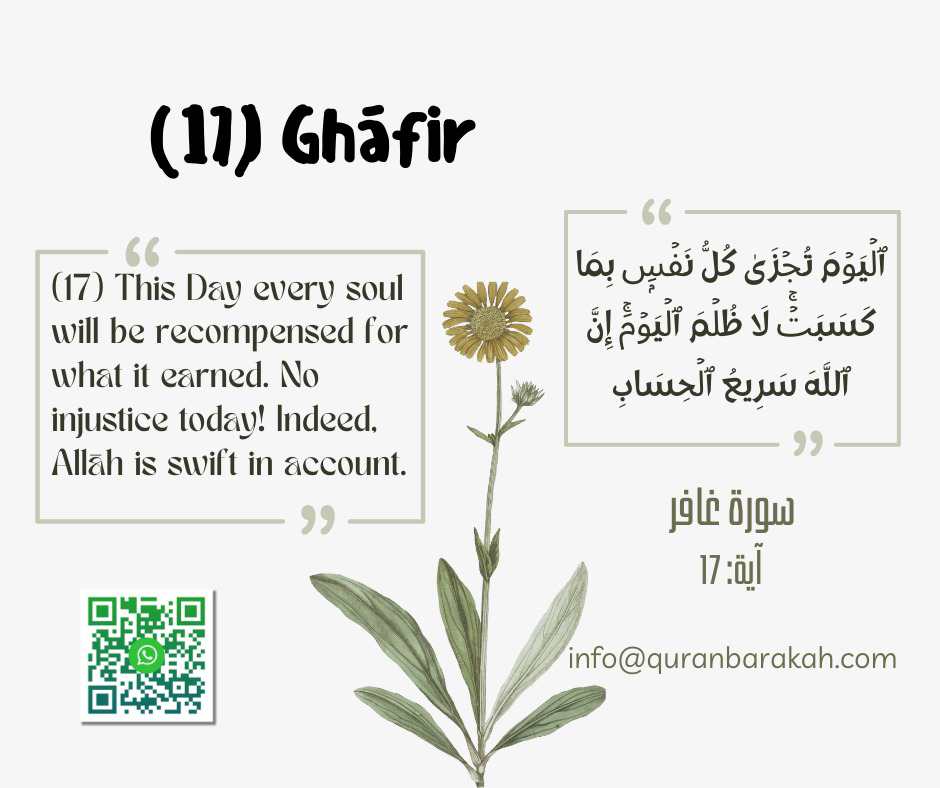
In the pursuit of justice and the alleviation of imposed injustice, Islam stands as a beacon, recognizing justice as a divine concept integral to the qualities of God Almighty. As justice is a name of God Almighty, a recipe of his qualities.
This recognition elevates justice to a paramount right, crucial for the assurance of individuals and the stability of societies.
Condemning Injustice – Sources and Affirmations
Islamic teachings vehemently oppose all forms and manifestations of injustice. The religion condemns the root causes and mechanisms of injustice, warns against its consequences, and emphasizes the refusal to partake in or support any act of injustice. The sanctity of this stance is affirmed through various sources of Islamic legislation, including the Quran Karim, Sunnah, Unanimity, and Measurement.
(17) This Day every soul will be recompensed for what it earned. No injustice today! Indeed, Allāh is swift in account.
(17) Ghāfir
The Messenger of Allah (ﷺ) said: Beware, if anyone wrongs a contracting man, or diminishes his right, or forces him to work beyond his capacity, or takes from him anything without his consent, I shall plead for him on the Day of Judgment.
Grade: Sahih (Al-Albani)
This universal message is not confined to a particular group but resonates with all Muslims, urging them to denounce injustice whenever possible.
Islam’s Commitment to Human Rights – Justice and Housing
Islam’s commitment to human rights, particularly in matters of justice and housing, is explicit. Every individual has the right to a fair trial under Sharia law and the right to seek justice for any perceived injustice. The religion forbids oppression and underscores the responsibility of Muslim leaders to establish authorities that protect and redress grievances impartially.
Additionally, Islam recognizes the right to housing as an essential human right. The state is obligated to provide adequate housing for all its citizens, ensuring that no one is deprived of shelter.
Fostering a Just and Equitable Society in Islam
In conclusion, Islam’s principles advocate for justice, human rights, and housing as intrinsic components of a just and equitable society. The teachings emphasize the responsibility of individuals, leaders, and the state to uphold these principles, fostering a community where justice prevails, and the rights of every individual are respected and protected.
Join the conversation on justice, human rights, and housing in Islam. Share this article to spread awareness and contribute to fostering a society where everyone’s rights are respected and protected.
#JusticeInIslam #HumanRights #IslamicValues


